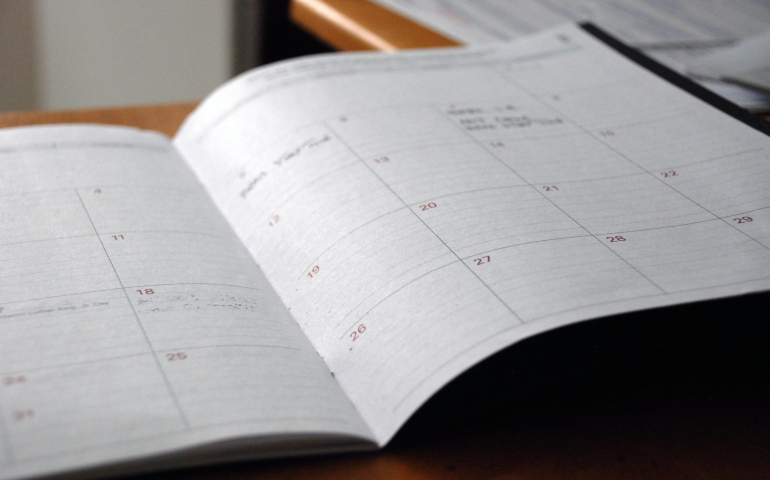Spring semester is quickly coming to a close. Students have worked hard and spent countless hours both in their textbooks and in the classroom. As amazing as this ending feeling can be to some students, it often brings further anxiety to others who fear the infamous semester finals.
Finals are often given during the last week of the semester, and typically cover a large range of material that has been discussed throughout the entire semester. With students having to take multiple classes, and often being involved in some sort of extracurricular activity or job, this can add even more amounts of pressure on them. The last few weeks of a semester can sometimes feel longer than the many months before it, but this sense of worry can be drastically reduced with one simple trick that is often overlooked. Planned study schedules.
A major mistake that many students often make when it comes to their finals revolves around the way they study. They take an unorganized approach that is very random and focuses on many different topics or classes in a single study session. It is important to instead, have a structured plan on which classes will be focused on during particular sessions in the week, and which ones will come later.
Jarrell Farr, a student-athlete at the school, says, “Finals can definitely be pretty stressful, especially when I’m having to worry about football as well. I try and focus on only about two classes a week because I feel like its always helped me learn better and not feel as overwhelmed.”
When asked about whether or not this method has proven positive results, Farr adds, “It’s always worked for me and helped me learn the material, so I think I’ll probably continue to do it this year too.”
Aaron Fellows, another student-athlete at the school, piggybacks on this idea by saying, “I think it is important to create a plan ahead of time, so that way you feel less stressed and more accomplished at the end of each day. I like to focus on one class a day, a couple weeks out leading up to finals week.” However, Fellows stresses the importance of rest as well. “I usually take Sundays completely off, and try to keep my studying sessions to only about an hour a day.”
Whether your schedule looks like one of these two or completely unique to your own learning habits, using a study schedule is a surefire way to help you reduce your stress during a time of the year that is full of nothing but it. Create a schedule that allows for balanced studying, and the results will positively reflect it.
Photo by Eric Rothermel on Unsplash
